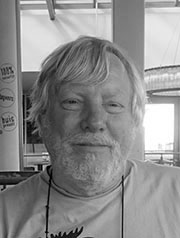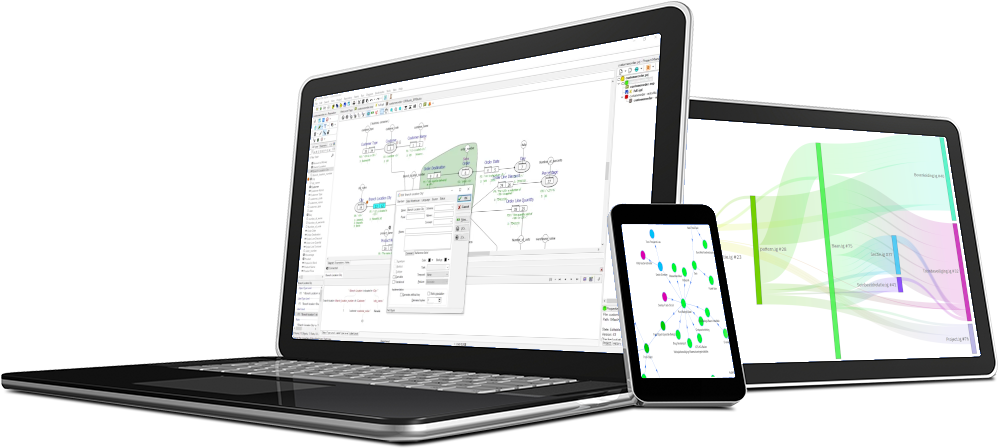The CaseTalk Team
CaseTalk is not just a tool—it’s a community.
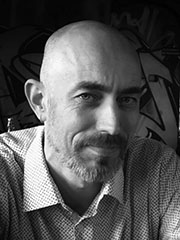 For over 25 years, I’ve been developing CaseTalk. I started as an independent developer in the nineties. In 2003, CaseTalk was born as the dedicated FCO-IM tool. Since then, I’ve worn many hats—entrepreneur, developer, consultant, trainer, speaker, author—but my favorite role has always been: collaborator in building CaseTalk with the community.
For over 25 years, I’ve been developing CaseTalk. I started as an independent developer in the nineties. In 2003, CaseTalk was born as the dedicated FCO-IM tool. Since then, I’ve worn many hats—entrepreneur, developer, consultant, trainer, speaker, author—but my favorite role has always been: collaborator in building CaseTalk with the community.
But the truth is: no one can build something meaningful alone. CaseTalk exists because of the pioneering professors who created FCO-IM, and because of the teachers, trainers, consultants, students, partners, and customers who shaped it with me.
- Every function in CaseTalk was born from an expressed need.
- Every refinement came from practice and collaboration.
- Innovation, like information modeling, is never done alone.
By joining CaseTalk, you don’t just acquire a license. You join the ongoing development, the conversations, and the community.
High regards,
Marco Wobben
With Gratitude
CaseTalk stands on the shoulders of the founding fathers of FCO-IM. Without their decades of dedication, CaseTalk would not exist. Let me introduce them to give credit to their work:
Guido Bakema
Guido Bakema is a retired Professor of Applied Sciences at the HAN University of Applied Sciences, and one of three founding fathers of FCO-IM. Without any doubt, he was the biggest driving force behind the research of FCO-IM. During his many years as lectorer he was responsable for tool and transformation development. In his spare time, he wrote the very first FCO-IM book. And amazingly, he still found the time to visit many universities across the world. Spreading the word of fact oriented modeling to the world. After his recent retirement, he holds a honourable position as ambassador of CaseTalk.
Jan Pieter Zwart
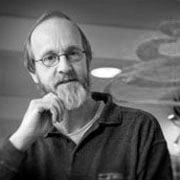 Jan Pieter Zwart is one of the three founding fathers of FCO-IM. Jan Pieter has recently retired as teacher, researcher and publisher at the HAN University of Applied Science. Originally he wrote the FCO-IM book, and recently published a new book for self studying FCO-IM. Whenever a question or issue arises, Jan Pieter has the brain to deeply analyse it and come back with the only correct answer.
Jan Pieter Zwart is one of the three founding fathers of FCO-IM. Jan Pieter has recently retired as teacher, researcher and publisher at the HAN University of Applied Science. Originally he wrote the FCO-IM book, and recently published a new book for self studying FCO-IM. Whenever a question or issue arises, Jan Pieter has the brain to deeply analyse it and come back with the only correct answer.
Harm van der Lek
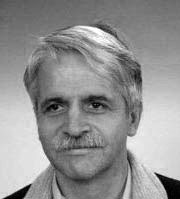 Harm van der Lek is one of the founding fathers of FCO-IM. Encouraged by Professor Guido Bakema to use NIAM in practice, Harm found an elegant way to enhance it into FCO-IM. After that Harm has been involved in many Data Warehouse projects and build automation tools for them. A bundle of his columns is available in a book called 'Sterren en Dimensies'. He teaches about temporal aspects of data, and writes books about science and math.
Harm van der Lek is one of the founding fathers of FCO-IM. Encouraged by Professor Guido Bakema to use NIAM in practice, Harm found an elegant way to enhance it into FCO-IM. After that Harm has been involved in many Data Warehouse projects and build automation tools for them. A bundle of his columns is available in a book called 'Sterren en Dimensies'. He teaches about temporal aspects of data, and writes books about science and math.
